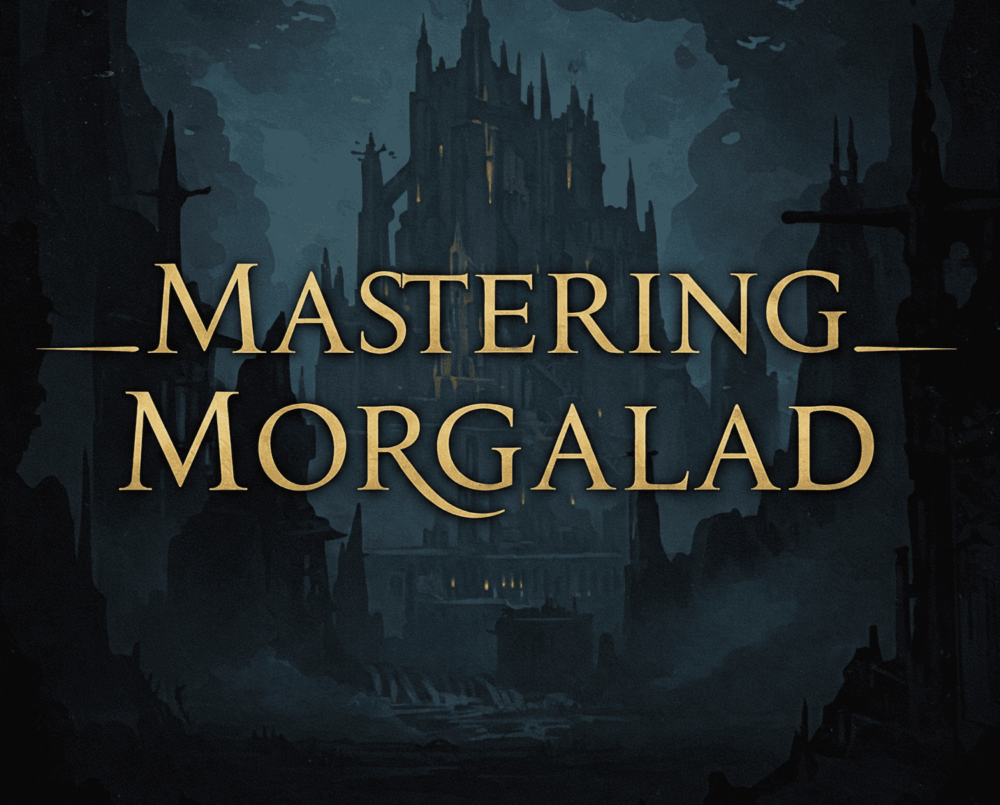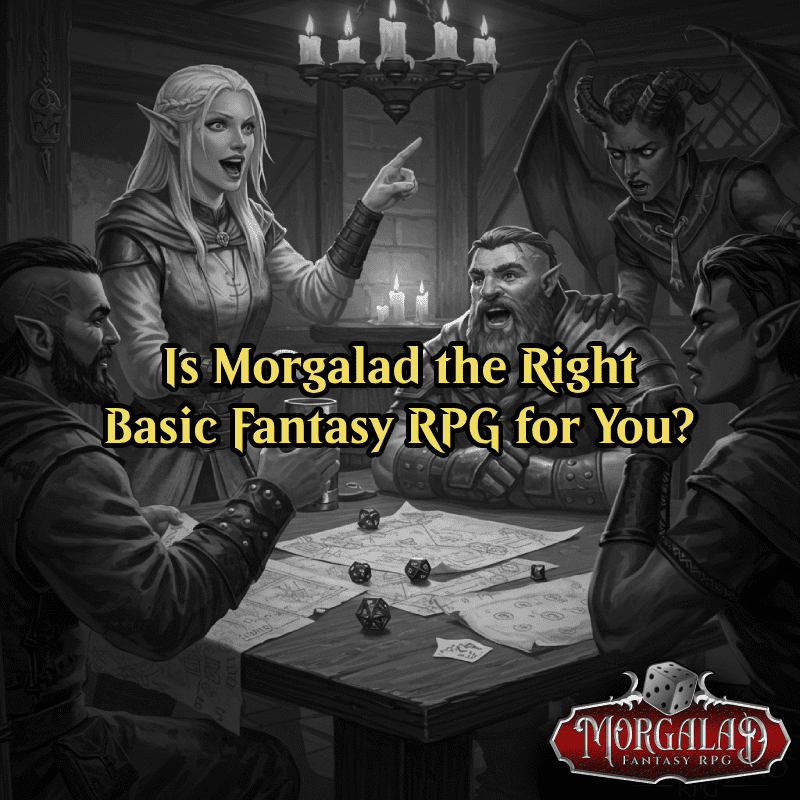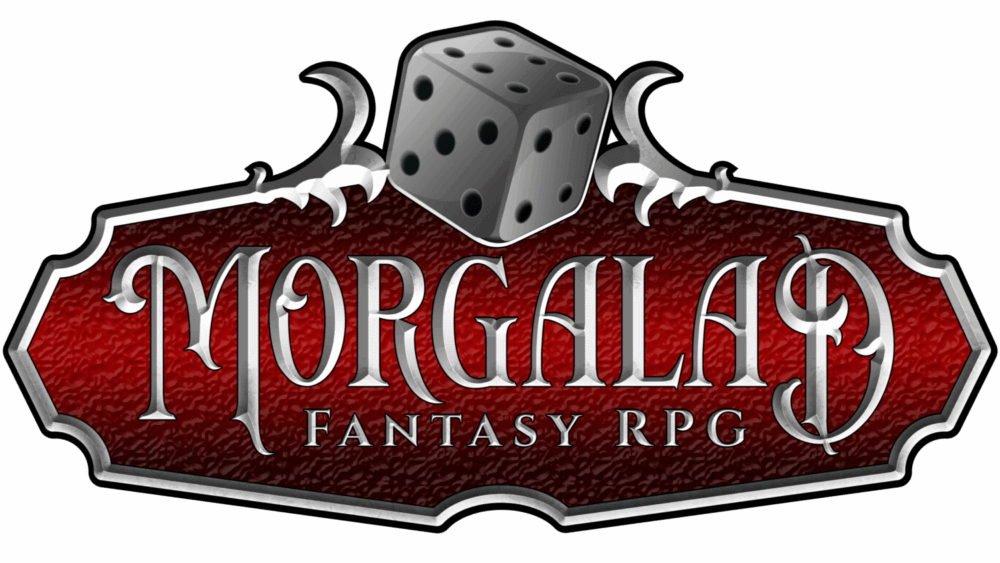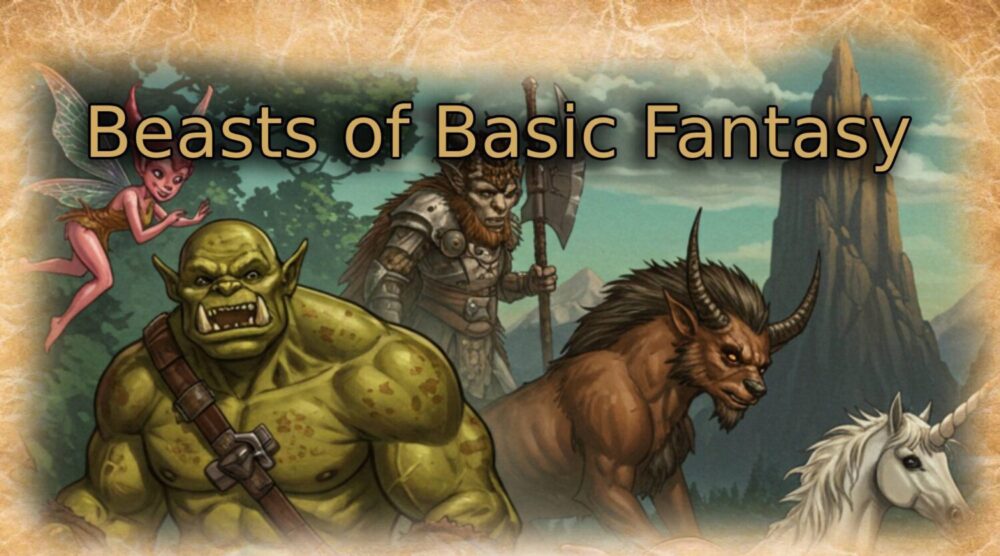Understanding Health, Energy, and Defense in this Basic Fantasy RPG
In the perilous world of the Morgalad Fantasy RPG, your character’s ability to endure damage, power abilities, and avoid threats is paramount to survival. Three core statistics form the bedrock of a character’s physical and arcane resilience in this 4d6 TTRPG: Health, Energy, and Defense. Familiarizing yourself with these fundamental elements is key to navigating the challenges presented in this basic fantasy rpg.
Let’s break down Health, Energy, and Defense as they function within the Morgalad system, drawing on the mechanics outlined in the sources:
- Health: Your Character’s Stamina and Resilience
- Health is a direct measure of how much physical damage a character can withstand before being incapacitated.
- When a character’s Health reaches 0 or falls below, they are rendered unconscious and immobile.
- Health is initially determined during character creation and increases as your character advances in their professional level.
- Specifically, each time a character gains a new professional level, they add 1d6 + their Essence score to their total Health. Essence is one of the six primary attributes, representing a character’s internal fortitude and constitution.
- Starting Health can vary by species. For example, Dwarves (Calemdour) begin with Health calculated as 4D6 x 6.
- Characters can also permanently boost their Health by taking the Improved Health upgrade, which adds 1d6 + Essence to their Health total for a Character Point (CP) cost of 4.
- Energy: Fueling Arcane Power and Special Abilities
- Energy quantifies the power a character can draw upon to cast spells, execute special attacks, or utilize certain abilities. This is particularly crucial for professions like the Magi, who tap into cosmic energies.
- Each spell, special attack, or ability has a specific energy cost that is subtracted from the character’s current Energy total upon use.
- If a character’s Energy is too low to meet the required cost, they cannot use that ability and must find an alternative course of action until their Energy is replenished.
- Energy is primarily restored after an extended rest, which is defined as approximately 8 hours of uninterrupted sleep in game time.
- Like Health, Energy increases upon gaining a new professional level, adding 1d6 + their Knowledge score to the total. Knowledge is another core attribute, representing a character’s intellect and problem-solving capabilities.
- Species may have different starting Energy values; Dwarves, for instance, start with 4D6 x 2 Energy.
- The Improved Energy upgrade permanently increases a character’s energy by 1d6 + Knowledge, costing 4 CP.
- Defense: The Measure of Avoidance
- Defense is a numerical value indicating the difficulty for an opponent to successfully land an attack on the character.
- It reflects a character’s inherent agility and natural ability to dodge incoming attacks. Smaller and faster species often have a higher base defense compared to larger, slower ones. A Dwarf’s Base Defense, for example, is calculated as 13 + their Finesse score. Finesse is the attribute linked to malleability, dexterity, and adapting under pressure.
- Equipment plays a significant role in Defense. Armor provides an addition to a character’s defense.
- Shields also contribute, typically adding a bonus of +1, +2, or +3 depending on their type and material.
- In the Morgalad 4d6 system’s standard combat, an attack is successful if the attacker’s modified roll (often involving weapon dice and attributes like Finesse) surpasses the defender’s Defense value.
- Characters can enhance their defensive capabilities through upgrades like Improved Defense, which permanently increases a character’s base defense by 1 point for 4 CP. Some abilities, such as Dual Wield (Advanced), also grant a +2 bonus to natural defenses while dual-wielding weapons.
These three statistics – Health, Energy, and Defense – are integral to character creation and progression in the Morgalad Fantasy RPG. They directly interact with the 4d6 dice mechanics used for challenges and combat, determining outcomes in moments of conflict and exertion. Understanding and managing your character’s values for Health, Energy, and Defense is a fundamental aspect of surviving and thriving in the adventures that await in this basic fantasy rpg.
